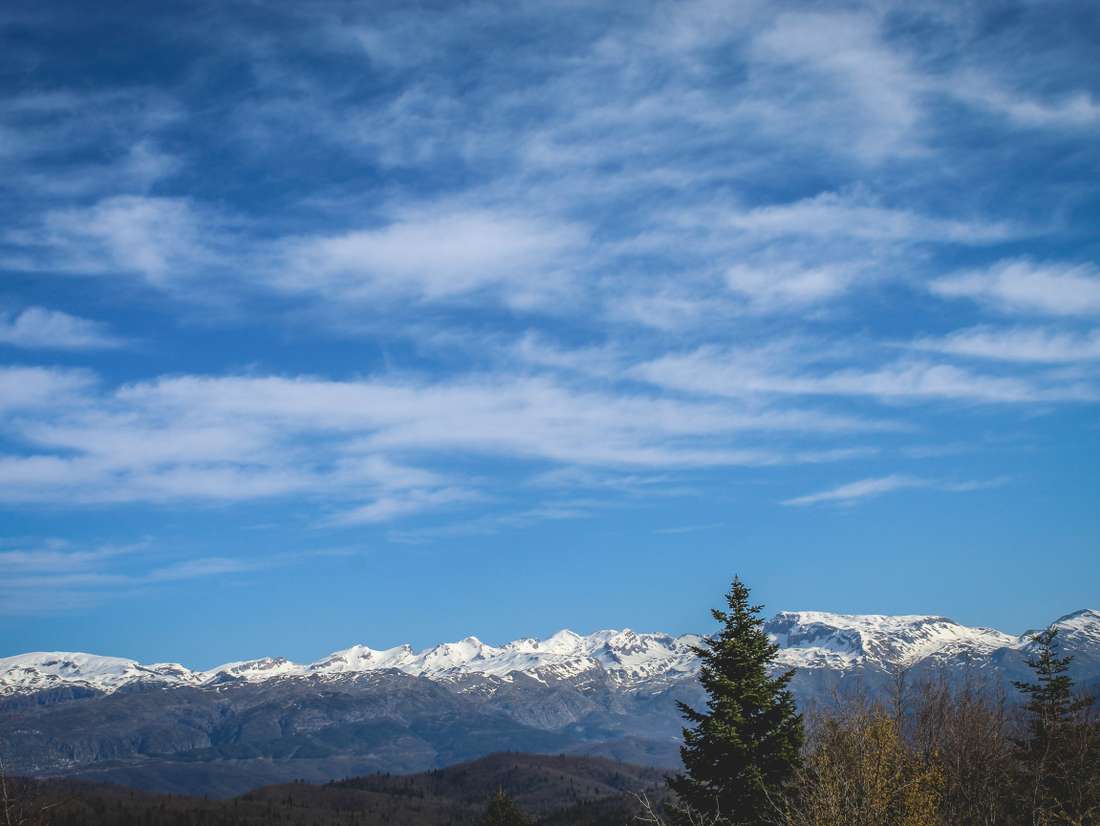As if we have learned to do more and worse, instead of doing less and better and with less! In the mountains, people of the previous generations used to say that a lot is done by the few and that those who took this principle together with them in the cities did a lot, taking care of the few they had.
First, came free radio and television, then the cell phone, then the internet and social media, the infamous facebook and from that point onward the chaos! Finally today everything was mixed, at a frantic pace. We use the internet, we watch TV and videos, while we talk and see each other via skype and we can call a landline for free, in the meantime we fly every now and then on our facebook walls to see "what is playing", nothing escapes us, chatting, tweeting, so on and so forth. But what is the content that we are sharing? Are we sure that there is content or is the hunt for everything the loss of everything?
We think that we are doing something, while time passes and the essential depth of things and the claim of quality from ourselves, from others and from the things around us, are constantly transferred to an indefinite future, which as we go on, for many of us never gets boring. We all become writers, intellectuals, managers, politicians and journalists at the same time, in no time, without the necessary education and discipline. Versatile, crafty but also deserting our houses?
Yes, the world today is potentially a paradise of freedom, knowledge, movement, extroversion, respect, noble exaltations, recognition of the primacy of the individual in the face of the impersonal masses ruled by despotism. But potentially, nothing is given in open society. This potential depends more and more on us, or on us. And of course it is a paradise in relation to all the other eras of history, not to those that will come. For them, our current situation may be the end of prehistory, oligarchy, closed horizons and our primordial complexes and prejudices.
So in the course of time, do we accumulate knowledge, filling useless sacks and even sweating, or do we light an inner flame with knowledge, choose the appropriate use of knowledge from the available inexhaustible reservoirs? In order to become more human again. First, for us and immediately after for the others and finally for everyone else. Knowledge is offered to us, learning from each of us is what is required. And learning, as completely subjective for this fascinating experience, requires a different kind of time and perception of time. Each of us brings knowledge and standards, we are human beings, citizens and teachers. However, the best people, citizens and teachers alike, are those who do not tell you exactly what to see and hear, but guide you where to turn and how to look for it.
In English, only the word "time” exists. The Greek language has two words, "time” and "weather”. Time according to Greenwich, the western, absolutely rational concept, with strict programs and unquestionably positive results in the end. And time in the quality sense, of inspiration, of light, of the enjoyment of the moment, of the consciousness of the perishable, of the unexplored depth of things. Weather that does not calculate time, but also time that gives a little ground to the weather.
You say "time passes" and this deeply torments you, you say "there is time" and this deeply redeems you. It is as if we have "timed" and shown respect for Western rationality and the inescapable needs of productivity and competitiveness. You say "summer" and you refer to the quality carelessness, the inconvenience, the loss of consciousness of the passage of time for the sake of the existential nature, to become one with nature, where the gray stone is alive, to stare without a clock, to fall in love with the fireplace or in the saddle, to swim, to "lower" the tsipouro as soon as it comes out of the cauldron, Turkish delights and mushrooms - Turkish delights sown by God and adored by man, to gizzard without calculations and reciprocations, first of all, to be forgotten and to forget, for good.
"The slower they worked, the better craftsmen they were. They feasted on their slow work. I remember my father calling me: "a zurlotsukania, a day job", an ugly chisel wanted more hours of work."
(1) difficult, difficult to obey in the strings, in the gems, difficult to tame
(2) giziremata: pointless wandering in nature that may not be so pointless, a word that is still found in Zagori
 11°C
11°C
